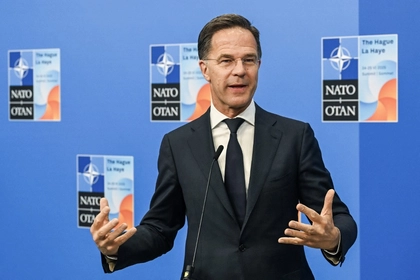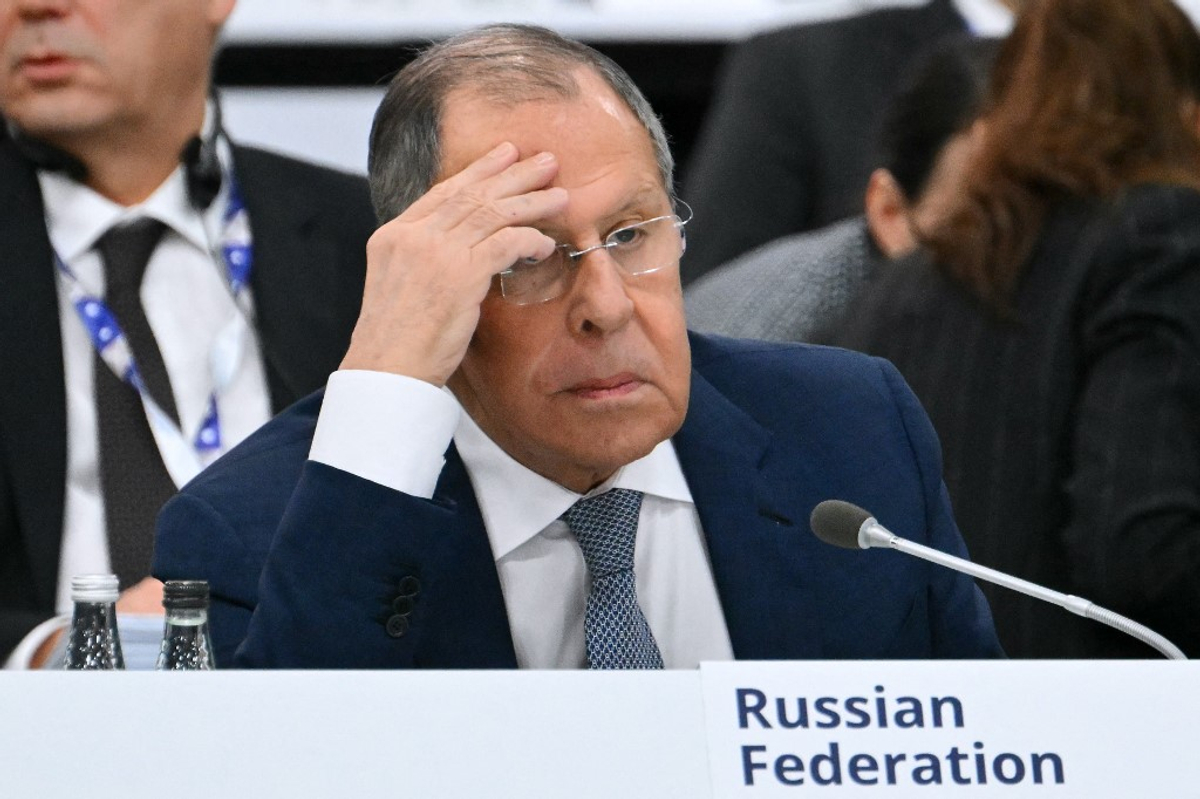NATO Secretary General Mark Rutte mocked Russian Foreign Minister Sergey Lavrov on US television on Wednesday by saying nothing useful came out of Lavrov’s mouth.
Rutte’s remarks were a dig at Lavrov’s recent suggestions that NATO’s new 5% GDP defense spending target would collapse the alliance from within.
Follow our coverage of the war on the @Kyivpost_official.
Rutte, speaking on Fox News on Tuesday, said there is no point in listening to Lavrov.
“To Lavrov, I mean, he’s foreign minister of Russia… I think since the birth of Jesus Christ? And since then, nothing – anything useful came out of his mouth,” Rutte said.
“So let’s not pay too much attention to Mr. Lavrov.”
Lavrov became Russia’s foreign minister in 2004.
Lavrov’s suggestions on the collapse of NATO came as a response to Polish Foreign Minister Radoslaw Sikorski, who earlier said Moscow’s excessive military spending could be Russian leader Vladimir Putin’s undoing.
In 2024, Russia spent $149 billion on military expenditure – roughly 7.1% of its GDP, according to reports by Stockholm International Peace Research Institute.
Putin acknowledged the threat it poses to the Russian economy during a recent event.
Rutte, speaking on Fox News, also hailed the success in agreeing on the spending hike towards reaching the same amount as the US, saying “this is a discussion going on since [former US President Dwight] Eisenhower,” referring to the early days of NATO.

Other Topics of Interest
Rutte Calls for ‘Flexibility’ in US Arms Shipments to Ukraine
The NATO Secretary General said that he “fully understands” the US decision to replenish its stockpiles, but urges the US and other partners to continue the provision of weapons to Ukraine.
NATO was formed in 1949 under US President Harry S. Truman. Eisenhower, then a WWII war hero, served as the first Supreme Commander of NATO from 1951 to 1952 before becoming the US president.
Though the latest 5% target represents a significant boost, aid for Ukraine and infrastructure projects are also counted towards the target, meaning the actual hike for the member states might be less drastic than what some are speculating.
